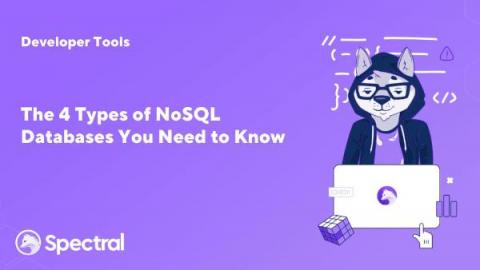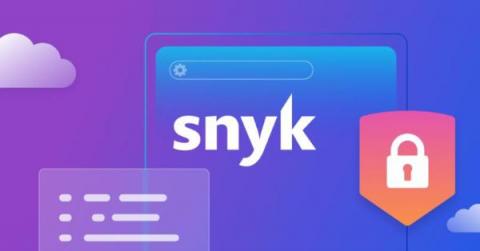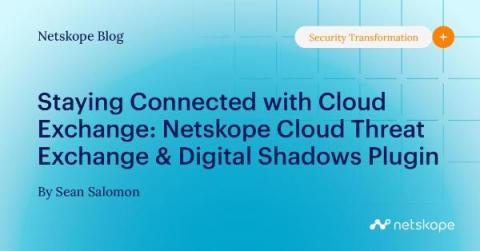RedAbierta chooses INETCO BullzAI to secure its payment channels
Vancouver, Canada – June 16, 2022 – INETCO Systems Limited, a leader in real-time payment monitoring and fraud prevention, announced today that RedAbierta, a leading fintech company with offices in Honduras, Nicaragua, Guatemala, and El Salvador, has selected INETCO BullzAI® to ensure the integrity of its payment channels.











